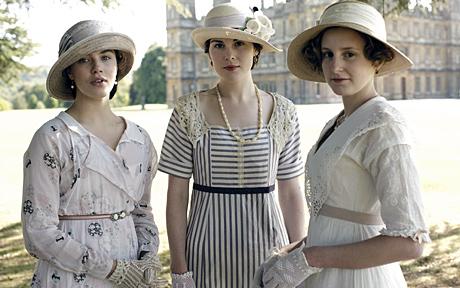Horrible Bosses starts off with a cast rock-solid enough to sink a body with. Kevin Spacey, Jennifer Aniston, and Colin Farrell star as three supervisors despicable enough to lead average men Nick (Jason Bateman), Dale (Charlie Day), and Kurt (Jason Sudeikis) to consider homicide. Spacey shines brightest, playing a manipulative, demanding, white-collar company president who would probably make a pregnant woman work until her water broke and then bill her for carpet cleaning. Aniston delivers a sex-addicted, extorting dentist that makes you really start to see the advantages of Novocain over nitrous gas. Colin Farrell kicks it up with a sleazy, coked-up, chemical-waste-disposal-company heir that would personally dump DDT right into a lake if it would save him ten bucks for more blow. The morbidly-inclined employees bring a synergy that’s not unlike the (original) Three Stooges, if they had turned into a manhunting trio.
Jamie Foxx also shows up, as a heavily tattooed “murder consultant” whose name would have more asterisks than letters if it were printed here. The character is used to make a few jabs at the racial ignorance and stereotyping that is still present in well-meaning middle class white men, but the character himself stands out as being just slightly more absurd than the other characters, like a mime corpse in a clown hearse. As with many movies with all-male leads,the movie’s next big jokes revolve around homophobic humor.
 A few of the scenes were funny and contributed to the development of the plot, such as when a urophilic gigolo shows up instead of a hitman, but mostly the jokes are passe and only distract from the tension-comedy waltz that fuels the movie. The pacing is well-orchestrated and effective, culminating in a plot climax that coincides with, well, another sort of climax. The humor and suspense develop up to this point is unrelenting, without a slow moment, and managing to generally avoid the awkward comedy motif that has been in vogue since The Office started airing in the U.S. The plot itself is driven by a decent degree of unexpected twists without falling back on various unjustified dei ex machina. In the meantime, Horrible Bosses manages to take some jabs at such cultural absurdities as movie piracy, outsourcing, stereotyping, and male sexual harassment, while keeping the jokes light and nondistracting.
A few of the scenes were funny and contributed to the development of the plot, such as when a urophilic gigolo shows up instead of a hitman, but mostly the jokes are passe and only distract from the tension-comedy waltz that fuels the movie. The pacing is well-orchestrated and effective, culminating in a plot climax that coincides with, well, another sort of climax. The humor and suspense develop up to this point is unrelenting, without a slow moment, and managing to generally avoid the awkward comedy motif that has been in vogue since The Office started airing in the U.S. The plot itself is driven by a decent degree of unexpected twists without falling back on various unjustified dei ex machina. In the meantime, Horrible Bosses manages to take some jabs at such cultural absurdities as movie piracy, outsourcing, stereotyping, and male sexual harassment, while keeping the jokes light and nondistracting.In all, Horrible Bosses uses its A-list cast well, and revisits the Shakespearean art of balancing comedy and drama. Most of the jokes are fresh, with the exception of a bit of stale homophobic and chauvinistic humor, for which the creators should be berated. But if you’re looking for a refreshing comedy and don’t mind plenty of justification for an R rating, Horrible Bosses is worth a shot.



